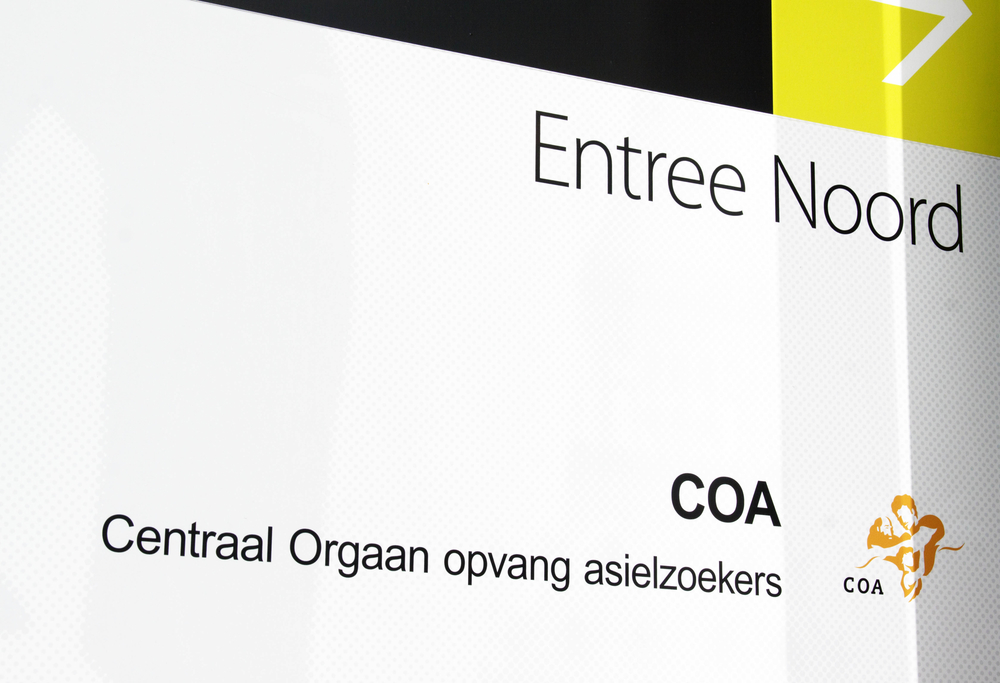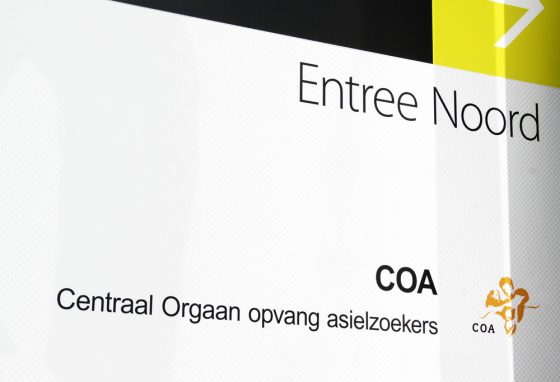Minister admits there was no legal basis for refugee housing demand


Former junior justice minister Ankie Broekers-Knol has admitted she had no legal powers to force several local authorities to set up emergency accommodation for refugees.
Broekers-Knol told five local councils in mid December they had no choice but to take in refugees, but now says there was no legal basis for the decision. The admission follows parliamentary questions by independent MP Pieter Omtzigt about the situation in Enschede, Gorinchem and the Rotterdam region.
The decision, she said in briefing to MPs, had no legal grounding but was based on the ‘acute emergency situation’ in refugee centres. Accommodation had to be found for 2,000 people to prevent the use of sports halls and tents, the minister said.
The local authorities concerned are now reconsidering their position, broadcaster NOS reported.
Dutch refugee centres have space for 30,000 people but they are currently full to overflowing, and some families are living in dormitories with no privacy.
More people applied for asylum in the Netherlands last year because coronavirus travel restrictions were largely scrapped. In addition, some 2,000 Afghan nationals were evacuated from Kabul following the Taliban takeover.
The nationwide housing shortage has also increased the pressure on regular asylum centres because people who are granted refugee status are unable to leave. Some 12,000 people are currently living in asylum centres who should now be living in regular accommodation.
Thank you for donating to DutchNews.nl.
We could not provide the Dutch News service, and keep it free of charge, without the generous support of our readers. Your donations allow us to report on issues you tell us matter, and provide you with a summary of the most important Dutch news each day.
Make a donation